MSC06 3620
1 University of New Mexico
Albuquerque, NM 87131
Physical Location:
Mesa Vista Hall 2045
Phone: (505) 277-2252
medinst@unm.edu
MSC06 3620
1 University of New Mexico
Albuquerque, NM 87131
Physical Location:
Mesa Vista Hall 2045
Phone: (505) 277-2252
medinst@unm.edu
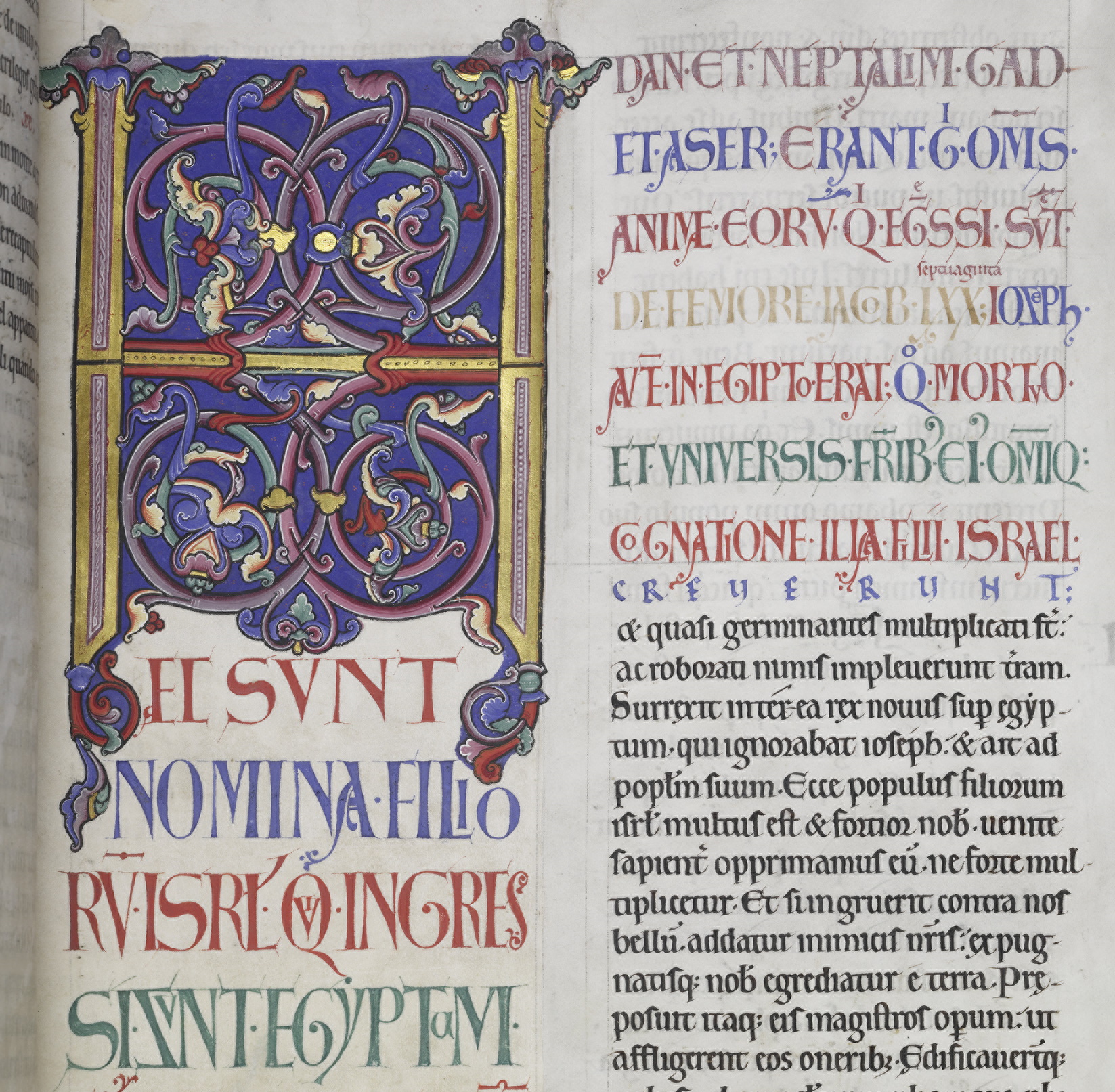
Providing a comprehensive orientation to the field of medieval manuscript studies, this seminar is targeted at graduate students and will also be of interest to junior faculty who wish to improve their background in the field. Over the four weeks of the seminar, participants will learn to recognize and read a broad range of medieval scripts and will receive a detailed introduction to the entire process of manuscript production, from the preparation of parchment or paper through the stages of writing, decorating, correcting, and glossing the text to the binding and storage of the completed codex. Medieval conventions of punctuation and abbreviation will receive special attention, as will specific genres of manuscripts, including Bibles, Books of Hours, maps, calendars, and rolls and scrolls. Participants will also learn how to recognize and interpret the types of evidence that can help to establish a manuscript’s origin and provenance; they will receive a grounding in the conventions of manuscript cataloguing and an introduction to the science of textual editing. The seminar will focus on manuscripts written in Latin; a basic knowledge of Latin is therefore a prerequisite.
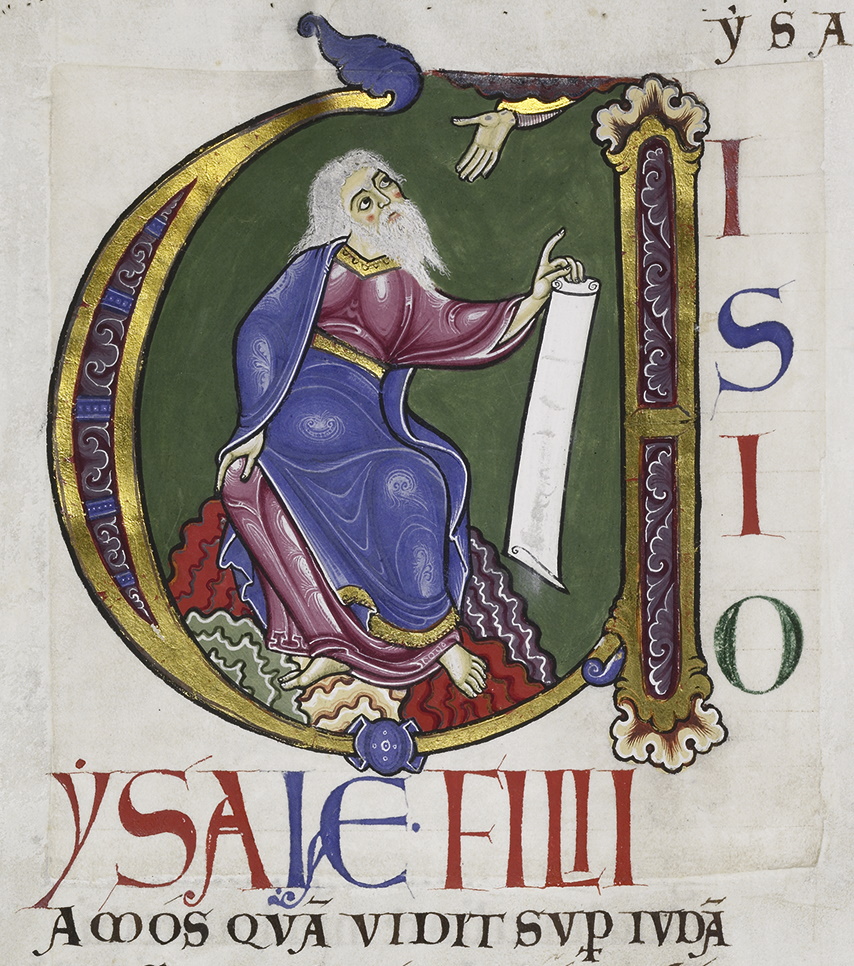
The seminar will meet for formal sessions on four mornings of each week, Monday through Thursday, 9:30 a.m.–12:30 p.m. Currently, the University of New Mexico anticipates that summer 2022 classes will take place in person; however, should pandemic-related health circumstances require, the class will be switched to remote delivery, as happened in 2020. Typically, each class session will include a component on codicology, covering one or more of the key physical features of medieval manuscripts, and a component on paleography, introducing a particular script and familiarizing participants with its major characteristics. There will be daily transcription assignments to be completed between class sessions. During the afternoons, the instructor will make himself available for consultation; he will also hold occasional workshops on specific topics and anticipates that participants may wish to meet regularly for guided group transcription sessions. A final examination on the penultimate day of the course will assist participants in consolidating the knowledge they have acquired over the four weeks. Participants will thus have the opportunity to immerse themselves in manuscript studies for the entire duration of the seminar, which will offer a highly intensive level of training.
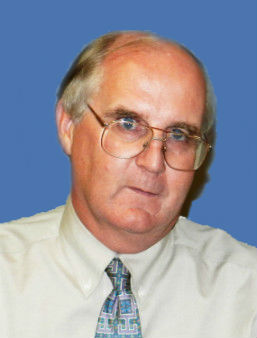
Timothy C. Graham is Distinguished Professor of History and a Regents' Professor in the College of Arts and Sciences at the University of New Mexico, having previously held positions at the University of Manchester, Cambridge University, and Western Michigan University. He received his B.A., M.A., and Ph.D. from Cambridge and holds the M.Phil. degree from the Warburg Institute, University of London. A specialist in manuscript studies, his research has centered on manuscripts of pre-Conquest England and on early modern use of those manuscripts. He has lectured and taught on manuscripts of all periods. He has four times directed seminars on paleography and codicology at The Newberry Library, Chicago, and has co-directed two NEH Summer Seminars for College Teachers at Corpus Christi College, Cambridge, and The British Library, London. He has directed manuscript-centered workshops at annual meetings of the Arizona Center for Medieval and Renaissance Studies and the Southeastern Medieval Association as well as at the University of South Carolina. With Raymond Clemens, he is the author of Introduction to Manuscript Studies, published by Cornell University Press. Professor Graham was the recipient of the Medieval Academy of America’s 2016 CARA Prize for Excellence in Teaching.
The seminar is planned to take place on the campus of the University of New Mexico; participants will register for three hours of UNM graduate credit. The UNM tuition rate for Summer 2022, not yet fixed, is expected to be approximately $1,300 for three credit hours (resident and non-resident alike). Campus housing will be available for approximately $675 for the four-week session.The instructor will provide detailed information about procedures for registration and reserving housing once the seminar participants have been selected. Please note that the University of New Mexico requires all students enrolled in classes to be fully vaccinated against Covid-19.
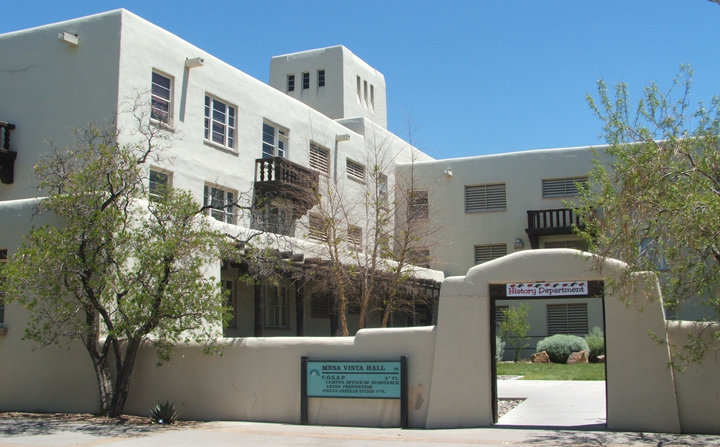
The University of New Mexico is located in Albuquerque, the state’s largest city, amid breathtaking Southwestern landscapes. Founded in 1706, the City's Old Town, with its adobe architecture, retains the feel of an early Hispanic settlement.
There are many restaurants and cultural venues close to campus. Sixty miles to the north is Santa Fe, the oldest state capital in the U.S.A.; sixty miles to the west is the ancient pueblo of Acoma, the oldest continuously inhabited settlement in North America; sixty miles to the north-west are the Jemez mountains (with hot springs) and the town of Los Alamos, home to the Manhattan Project during the 1940s. Because of Albuquerque’s elevation (5,000 feet) and dry climate, summer temperatures are comfortable. Seminar participants are encouraged to use the opportunity of the seminar to immerse themselves in the region’s richly historic culture.
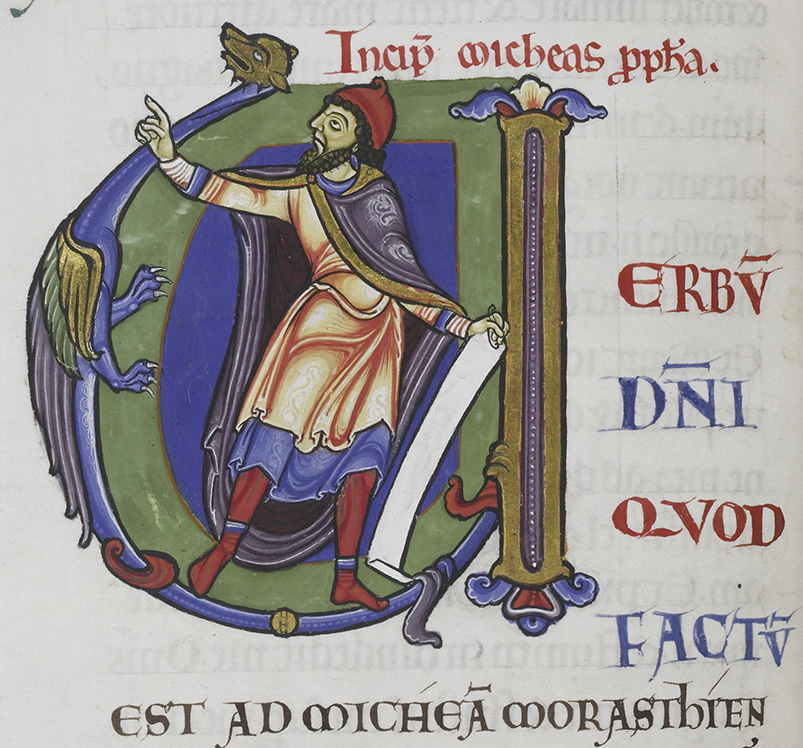
The deadline for receipt of applications is March 16, 2022. A complete application packet will consist of:
Application materials should be sent via e-mail to tgraham@unm.edu.
Graduate students accepted into the course who are members of the Medieval Academy of America are eligible to apply for one of the Summer Programs and Tuition Scholarships offered by the Academy’s Committee on Centers and Regional Associations (CARA). Applications for these scholarships should be sent directly to the Medieval Academy by April 1, 2022. For further details, visit the CARA Summer Programs and Tuition Scholarships page.
The instructor also has some scholarship funds available to assist participants in covering the costs associated with the seminar. Applicants who are interested in availing themselves of these funds should include a statement to that effect in their letter of application.
Please feel free to contact us by phone at +1 (505) 277-2252. You may also visit the Institute for Medieval Studies on the web to learn more about Medieval Studies at the University of New Mexico.
Images of the Bury Bible reproduced by permission of the Parker Library, Corpus Christi College, Cambridge.